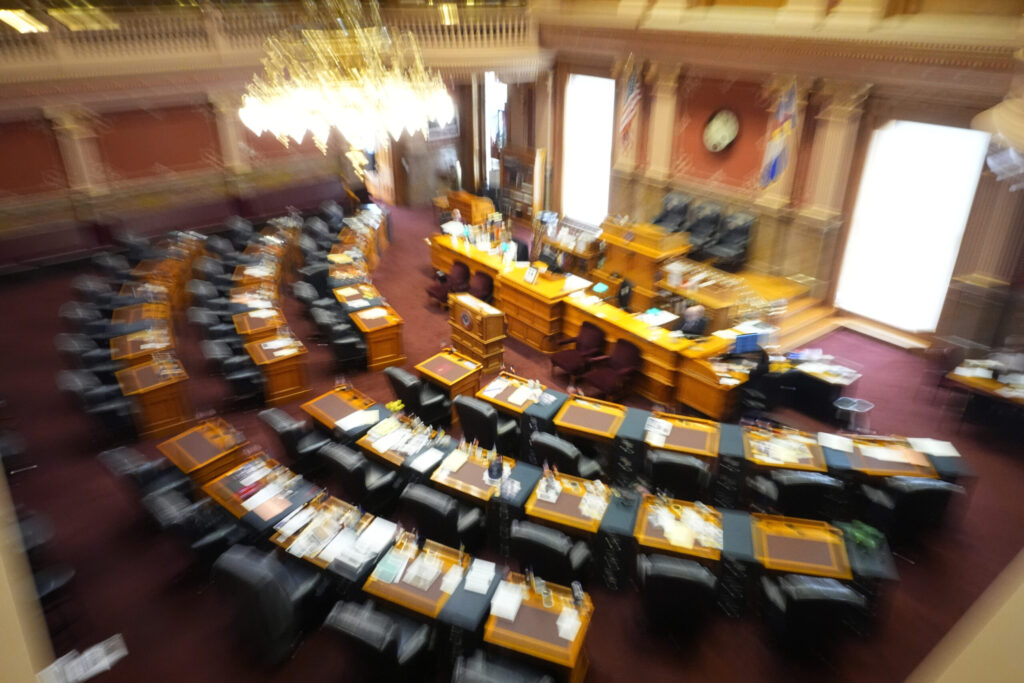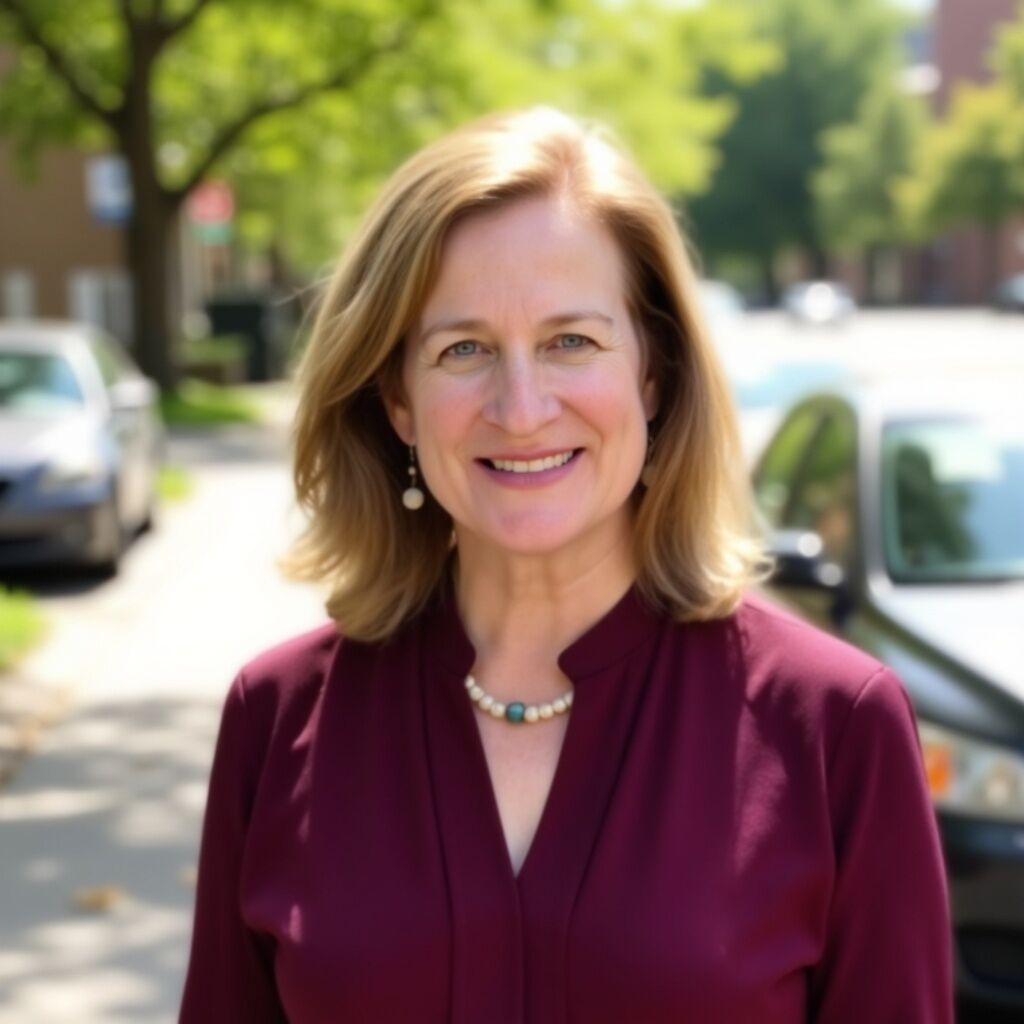Large Denver property owners are publicly reporting building energy performance under city rule

The vast majority of Denver large commercial and multifamily building owners are now measuring and publicly reporting the energy performance of their properties under a recently-enacted city ordinance.
Denver Environmental Health officials say 85 percent of owner of properties larger than 50,000 square feet have began reporting the energy data to the city. Under the Energize Denver program, building owners work with ENERGY STAR to benchmark the energy performance of their buildings. Denver will in-turn publish the performance data on an annual basis.
Enacted last December, the energy performance rule aims to reduce greenhouse gas emissions from the largest source in Denver – large commercial and multifamily buildings. The energy consumed in these particular properties account for 57 percent of Denver’s harmful greenhouse gas emissions, according to the city.
The city publishing the data will cause the market to better value energy efficiency, like miles per gallon ratings in the vehicle industry or nutrition labels in the food market, the city argues.
“Benchmarking the energy performance of buildings is the first step to understanding and reducing energy consumption because you can’t manage what you don’t measure,” the city said in a statement.
Denver joined dozens of other large cities, including New York, San Francisco and Washington D.C. in establishing benchmarking requirements. Based on data from other cities, Denver said it expects to see 2-3 percent energy savings each year in the targeted buildings.
Owners had until Sept. 1 (the deadline was June 1, but the first year had a 90-day grace period) to submit the data. There is a $2,000 penalty for building owners not in compliance. Buildings larger than 25,000 square feet will join the program next year, with a report date of June 1.
Denver’s climate plan aims to reduce greenhouse gas emissions 80 percent below 2005 levels by 2050 and sets lofty goals like a move to all clean, renewable energy by 2030 and requiring new buildings follow “net-zero” standards. Denver wants to reduce energy consumption by commercial and multifamily buildings by 10 percent by the end of 2020 and double that in the following decade.












